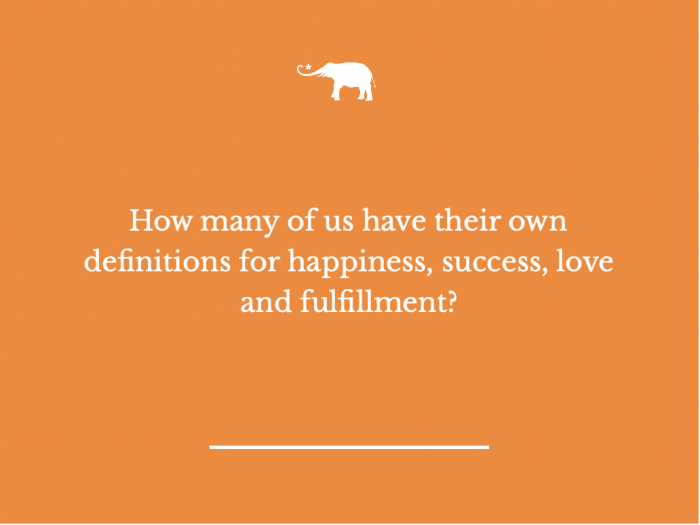Philosophers first took a more nuanced look at the world and allowed the natural sciences to emerge. What is the force that causes objects to fall to the ground, or how are the processes that enable life to grow and develop? After looking around, the man was able to return to himself, after questioning the stars and the sky, the rain and the sun; it can be said that the spirit of psychology was born, which is the systematic study of the mind and behavior; if we don’t count the ‘soul research’ that was embraced by spiritual teachings for millennia before that…
Epictetus sums up philosophy with the words “Don’t say you’re dealing with philosophy, just say you’re saving yourself”.
Philosophers first took a more nuanced look at the world and allowed the natural sciences to emerge. What is the force that causes objects to fall to the ground, or how are the processes that enable life to grow and develop? After looking around, the man was able to return to himself, the stars, and the sky; After questioning the rain and the sun, it can be said that psychology (the spirit of) was born, which is the systematic study of the mind and behavior; if we don’t count the ‘soul research’ that was embraced by spiritual teachings for millennia before that…
After the extroversion of observation, it was time for the introversion of observation. Subjecting the celestial bodies to detection and naming, the man applied the same procedures to what he saw within himself, within his soul. As his knowledge increased, he became able to determine his position by looking at the phenomena that he grouped and named in an intellectual journey, just as he could determine his direction by looking at the glows that he grouped and named in a dark night journey.
Philosophy isn’t just about saying ‘that famous thinker said this, the other said that’. Philosophy is a conversation between philosophers for twenty-five centuries. The etymology of the word means ‘love of wisdom’. Perhaps the greatest proof that philosophy cannot belong only to high culture and an elite is Socrates; who divides the history of philosophy into two separate periods, before and after it.
Philosophy historians summarize Socrates’ questioning, which interfered with the public markets of Athens and disturbed people’s comfort: “Socrates took philosophy from the table of the gods and brought it down to the people”.
The essence of humanity, according to Darwin, is biological; according to Marx, economic, social, political; according to Freud, drives. Even if they are correct in their context, (these) theories limit: ‘What is a human’ ‘Who am I?’ ‘What is my life for/for’ questions. In order to develop insights into the infinite possibility of the nature of our existence, we urgently need to stop rote allegiance to monotonous categories and reach by questioning the uniqueness of every situation, circumstance, person. The core of guilt, shame, feelings of worthlessness, and loneliness; the Socratic dialogue between the client and the counselor in the therapy room should be explored as if it were taking place.
Theories are born and developed depending on time and culture, but the well-being and health of the human spirit should perhaps be independent of time and culture. Philosophy, the art of the mind, has equipped man for ages in existence, the nature of knowledge, values, logic, mind, and reality, and it should continue to do so. Maybe this time through the science of psychology…
We now know that true happiness is not so much about financial means, a good career, expensive vacations, and banquets. So where is this happiness and how will we be happy?
Although happiness is a difficult concept by definition, philosophers have often answered the question “How can we be happy?” for ages, as “by attaining wisdom”. What is wisdom and how is it attained? As a response to this, one might call it by acquiring theoretical and practical virtue. To be virtuous is to govern oneself with chosen values. Philosophy is the art of being virtuous. In our society, where people are standardized and try to be kept young, beautiful, and ‘cool’ forever, we literally have to dig up and examine the ideas we have (possessed) and try to determine their causes and try to observe their effects in our lives. We must find our virtues. When we learn to manage ourselves with our own values, we will be psychologically healthy anyway.
We must bear in mind the words of Thomas Szasz: ‘The rule in the animal kingdom is to eat or be eaten; in the human kingdom it is ‘to define’ or ‘to be defined’.
How many of us have our own definitions for happiness, success, love, and fulfillment?
We urgently need to have our own definitions, and we must build them ‘brick by brick’ without hesitation.
The power we have implicitly needs to be drilled, awakened, and magnified in order to mature and act, says Marcus Aurelius in ‘Thoughts to Myself’. In order for psychology and psychiatry to assist us in this resurfacing process, it is imperative that they take philosophy with them.
Helping clients shape their own worldview should be one of the main goals of therapy; human life, freedom, the meaning of life… What do these mean to this particular person? Shaping around the core values of life and self after getting familiar with the concepts… Doesn’t it occupy a much more permanent place in the client’s life than efforts to ‘undo’ the pathology?
The aim of philosophical psychology is to make clients happy or comfortable; not to take away their anxiety from them. Seeking integrity, clarity, a sense of purpose and meaning, making them aware of what the “good life” means, and helping them restructure their lives accordingly.







Read 0 comments and reply